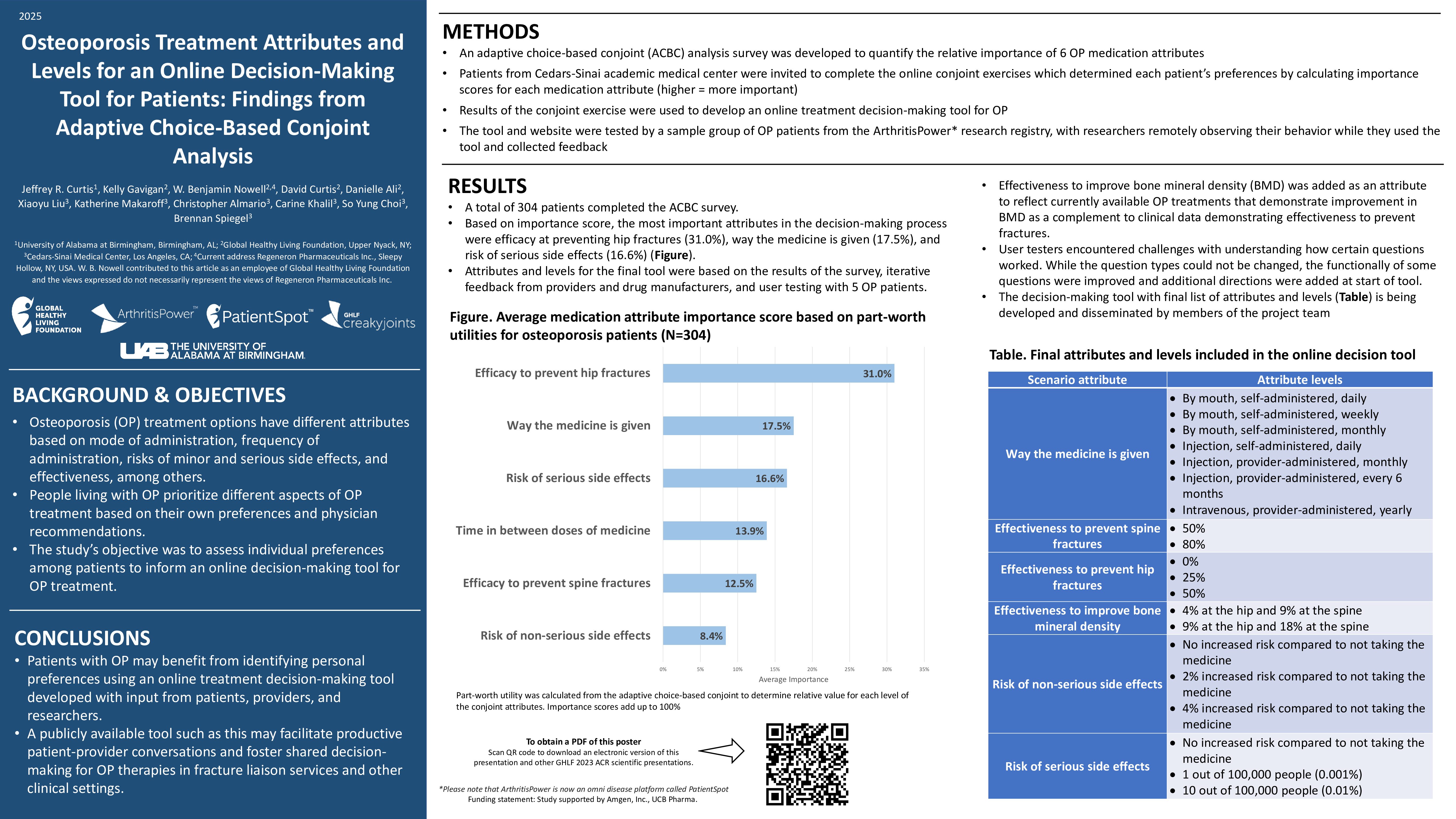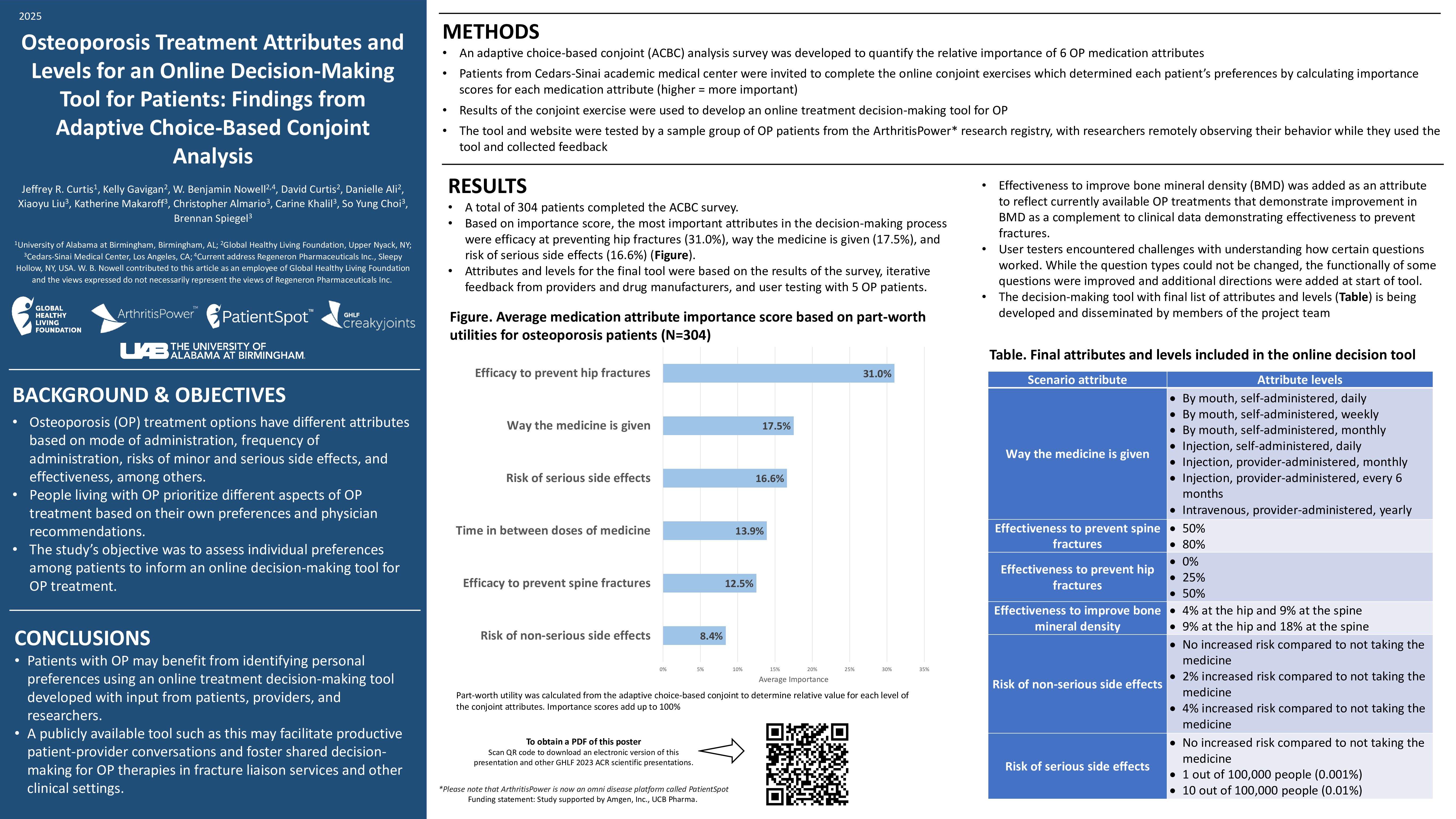People with autoimmune or inflammatory forms of arthritis, including axial spondyloarthritis (axSpA), tend to have an above-average risk of heart disease. Although underlying inflammation is clearly a piece of the puzzle, people with axSpA also have known cardiovascular disease risk factors such as high blood pressure, high cholesterol, and type 2 diabetes.
Now, new research finds that these same risks factors are linked to higher axSpA disease activity.
The study, which was published in the journal Therapeutic Advances in Musculoskeletal Disease, included 804 people who had been living with an axSpA diagnosis for an average of eight years. Of the patients, 31 percent did not show any cardiovascular risk factors and 69 percent had at least one cardiovascular risk factor. Overall, 35 percent had one risk factor, 21 percent had two risk factors, and 13 percent had three or more risk factors. The study excluded anyone who had already had a cardiovascular event like a heart attack or stroke.
The researchers wanted to know what whether there was a link between higher axSpA disease activity and the presence of traditional cardiovascular disease risk factors, focusing on high cholesterol, high blood pressure, obesity, smoking, and type 2 diabetes.
Study participants completed questionnaires that related to these risk factors and had physical exams to check for some of them. Clinicians also assessed participants’ axSpA disease activity.
The results indicated that axSpA disease activity, as measured by the Ankylosing Spondylitis Disease Activity Score-C reactive protein (ASDAS-CRP), was significantly higher in those who had at least one traditional heart disease risk factor compared to those who did not have any. What’s more, “as the number of traditional [cardiovascular disease] risk factors increased, disease activity similarly increases in an independent manner,” the researchers reported.
The study authors noted that chronic, low-grade inflammation likely explains this association. They concluded that taking steps to reduce or eliminate cardiovascular disease risk factors might benefit someone’s axSpA prognosis, in addition to lowering their risk of having a serious event like a heart attack or stroke.
“Conversely, controlling [axSpA] disease activity could also have a positive effect in controlling [cardiovascular] risk factors,” they wrote. “The network of interconnected effects between [cardiovascular] risk factors and inflammation warrants further research.”
Track Your Symptoms with ArthritisPower
Join CreakyJoints’ patient-centered research registry and track symptoms like fatigue and pain. Sign up.
Ferraz-Amaro I, et al. Potential relation of cardiovascular risk factors to disease activity in patients with axial spondyloarthritis. Therapeutic Advances in Musculoskeletal Disease. July 28, 2021. doi: https://doi.org/10.1177%2F1759720X211033755.












